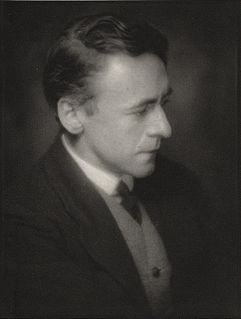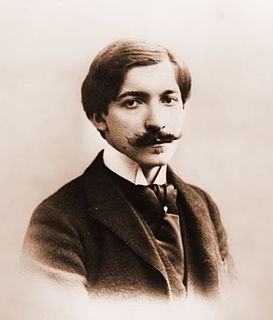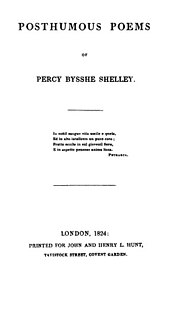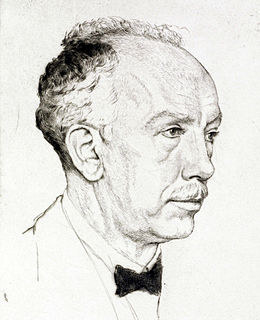Related Research Articles

Sir Arnold Edward Trevor Bax was an English composer, poet, and author. His prolific output includes songs, choral music, chamber pieces, and solo piano works, but he is best known for his orchestral music. In addition to a series of symphonic poems he wrote seven symphonies and was for a time widely regarded as the leading British symphonist.
A song cycle is a group, or cycle, of individually complete songs designed to be performed in a sequence as a unit.

Ruth Crawford Seeger, born Ruth Porter Crawford, was an American modernist composer active primarily during the 1920s and 1930s and an American folk music specialist from the late 1930s until her death. She was a prominent member of a group of American composers known as the "ultramoderns," and her music influenced later composers including Elliott Carter.
Songs of a Wayfarer is a song cycle for baritone and piano composed by John Ireland (1879–1962) between 1903 and c.1911, and published in 1912. It consists of settings of five poems by various poets.

Pierre Louÿs was a French poet and writer, most renowned for lesbian and classical themes in some of his writings. He is known as a writer who sought to "express pagan sensuality with stylistic perfection". He was made first a Chevalier and then an Officer of the Légion d'honneur for his contributions to French literature.
John Montague was an Irish poet. Born in America, he was raised in Ireland. He published a number of volumes of poetry, two collections of short stories and two volumes of memoir. He was one of the best known Irish contemporary poets. In 1998 he became the first occupant of the Ireland Chair of Poetry. In 2010, he was made a Chevalier de la Legion d'honneur, France's highest civil award.
Green Ways is a set of three short atmospheric piano works composed by John Ireland in 1937; the individual titles are The Cherry Tree, Cypress and The Palm and May. They were written when the composer was 57, and are among the last pieces he wrote for piano.
Rhoda Sinclair Coghill was an Irish pianist, composer and poet.

"Music, When Soft Voices Die" is a major poem by Percy Bysshe Shelley, written in 1821 and first published in Posthumous Poems of Percy Bysshe Shelley in 1824 in London by John and Henry L. Hunt with a preface by Mary Shelley. The poem is one of the most anthologised, influential, and well-known of Shelley's works.
Muriel Emily Herbert was a British composer of the early 20th century. Much of her work is for solo voice and piano, with art song settings of texts by English and Irish poets such as Thomas Hardy, Robert Herrick, Ben Jonson, James Joyce, and W.B. Yeats.
Songs Sacred and Profane is a song cycle for voice and piano composed in 1929–31 by John Ireland (1879–1962). It consists of settings of six poems by various poets.
Mother and Child is a song cycle for soprano and piano composed in 1918 by John Ireland (1879–1962). It consists of settings of eight poems by Christina Rossetti (1830–94), from her collection Sing-Song: A Nursery Rhyme Book.
We'll to the Woods No More is a song cycle for voice and piano composed in 1928 by John Ireland. It consists of settings of two poems by A. E. Housman (1859–1936) and a concluding piece for solo piano named after a third.
Three Songs is a set of songs for high voice and piano composed in 1918–19 by John Ireland (1879–1962). It consists of settings of three poems by Arthur Symons (1865–1945).
Three Songs to Poems by Thomas Hardy is a set of songs for voice and piano composed in 1925 by John Ireland (1879–1962). It consists of settings of three poems by Thomas Hardy (1840–1928).
Five Sixteenth-Century Poems is a song cycle for voice and piano composed in 1938 by John Ireland (1879–1962).
Eric Thirkell Cooper was a British soldier and war poet during World War I.

Sechs Lieder, Op. 68, is a collection of six Lieder by Richard Strauss. He composed them, setting poems by Clemens Brentano, in 1918 for soprano and piano, and orchestrated one in 1933 and five in 1940. The piano version was first published by Adolph Fürstner in Berlin in 1919. They are also known as Brentano Lieder.
References
- ↑ "List of works – T to Y". The John Ireland Trust. Retrieved 29 April 2015.
- ↑ John Ireland: Songs (3), for voice & piano (1926) at AllMusic . Retrieved 29 April 2015.
- ↑ "Texts to Three Songs: Song Cycle by John Ireland". The LiederNet Archive. Retrieved 29 April 2015.
| This article about a classical composition is a stub. You can help Wikipedia by expanding it. |